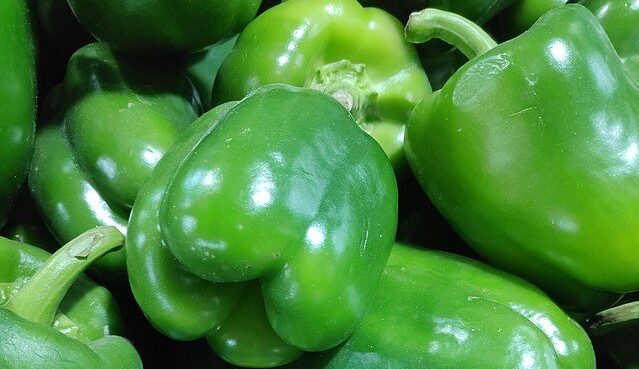Deep-processing could save falling pepper exports from Vietnam, end occasional coffee depletion and boost value-addition on shrimp.
Concerning pepper, the Vietnam Pepper and Spice Association (VPSA) on March 4, 2024 vowed to increase processed pepper from the reigning 30% margin of all pepper exports.
This move will counter-balance lowering production of the national spice, which has been depreciating by 10.5% in recent years. As a result, VPSA estimates the 2024 crop to be down to between 160,000 and 170,000 tonnes.
This emphasis on deep-processing is relevant given that regional pepper-producing countries are experiencing even bigger falls in production levels. In India, pepper output has been falling by 20% annually while in Indonesia by up to 30%.
Deep-processed Coffee
Another produce walking the tight rope of sudden supply ebbs amid frequent surges in prices is coffee.
Coffee is a very lucrative commodity nationally because Vietnam produces one of Asia’s highest volumes of robusta beans.
For this reason, the country is seeking to boost deep-processed beans in order to earn extra amounts from exports. The government eyes a $6 billion export value by 2030, including deep-processed coffee whose 2021 value was $433 million.
The government is also planning to boost the processing of roasted coffee products from the current 10% to 25% of exports.
So far, Vietnam has 160 coffee-roasting venues and 11 blending centers, not forgetting some 8 instant-coffee processors.
But these facilities cannot seemingly meet the coffee thirst in this south-east Asia nation. By March 2024, Vietnam was importing extra coffee from the world’s production center, Brazil to satiate local appetite.
Vietnam imported 6 times more coffee between January 2023 and January 2024 from Brazil than in the previous year. Analysts cite the El Niño drought that has scourged plantations and uptick coffee demand as the leading causes for imports.
Shrimp on Target
Of the three agricultural products above, it is shrimp that has the highest present proportion of deep-processing. Now at 45% of the total exports, it may seem impressive but to the local industry it is not enough.
Vietnam needs more value-added shrimp such as marinated products to meet its export target for 2024 of $4.3 billion.
There are already some revolutionary products in place by the Vietnamese such as Chitin. This is a biological compound that comes from the blending of shells and heads of shrimp.
Vietnam raises some of its shrimp on inland farms to meet the eco-friendly stipulations of destinations such as China. Such farms helped surge shrimp exports in 2022 to at least $4.1 billion.
Hence, deep-processing looks like the way out for Vietnam’s coffee, pepper and shrimp exports amid corresponding high demand.
